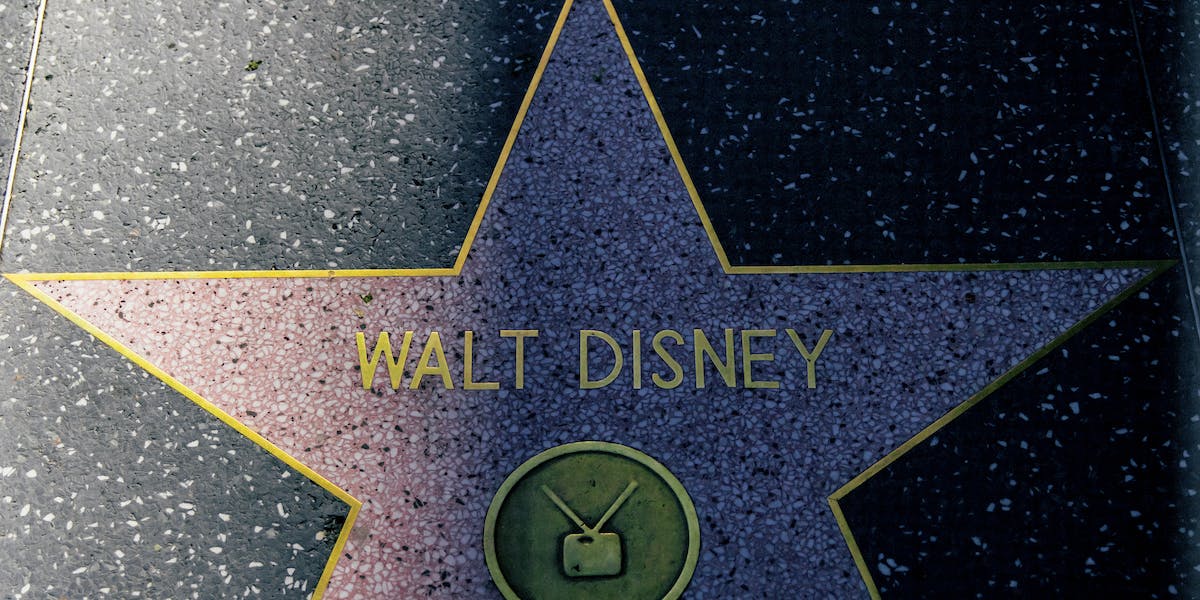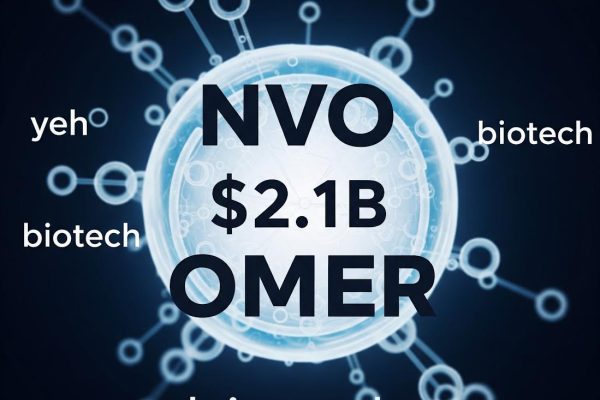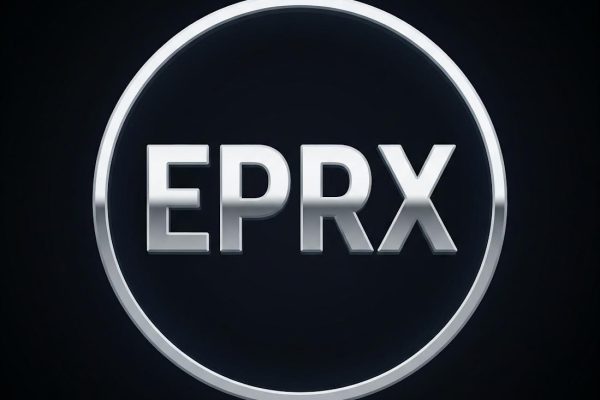
Disney (DIs) has announced plans to reveal Bob Iger’s successor as CEO in early 2026, with former Morgan Stanley CEO James Gorman set to oversee the succession process as the company’s new board chairman starting in January 2025.
Bob Iger’s Extended Tenure
The Disney CEO carousel continues to spin as Bob Iger, the company’s prodigal leader, extends his reign until late 2026. After a brief “retirement” that lasted about as long as a Disney+ free trial, Iger made a triumphant return to the CEO role in 2022. His current contract, set to expire in December 2026, marks nearly two decades of Iger’s influence at the helm of the entertainment giant. This extended tenure gives Disney ample time to carefully select and groom a successor, ensuring a smoother transition than the previous handover to Bob Chapek, which ended in a plot twist worthy of a Disney movie itself.
James Gorman’s Chairman Role
James Gorman, the former CEO of Morgan Stanley (MS), is set to take on a pivotal role in shaping Disney’s future as the new chairman of the board starting January 2, 2025. Gorman will be trading his banker’s suit for mouse ears, succeeding Mark Parker, who is stepping down after nine years of keeping Mickey’s finances in check. As chair of the succession planning committee, Gorman’s primary task will be to oversee the search for Bob Iger’s successor, a process he likened to “The Bachelor: CEO Edition,” but with fewer roses and more spreadsheets. His vast experience in managing his own succession at Morgan Stanley positions him well for this crucial responsibility, ensuring a smooth transition before Iger’s contract concludes in December 2026.
Potential CEO Candidates
Leading contenders for the top job at Disney include Dana Walden and Alan Bergman, co-chairs of Disney Entertainment; Josh D’Amaro, chairman of Disney Experiences; and Jimmy Pitaro, chairman of ESPN. Walden, who joined Disney after its acquisition of 21st Century Fox in 2019, is generating particular buzz as a frontrunner. If selected, she would make history as Disney’s first female CEO in its century-long existence. Other potential candidates include former Disney executives Kevin Mayer and Tom Staggs, who left the company in 2020 but have since returned as strategic advisers during ESPN’s streaming transition.
Challenges for Disney’s Future
The next Disney CEO will face a host of challenges in an ever-evolving entertainment landscape. Since Iger’s return, the company has grappled with the decline of traditional television, creative hurdles at the box office, and fundamental shifts at ESPN. The parks division has also experienced a slowdown, with reduced demand affecting recent earnings. Additionally, the incoming leader must navigate the competitive streaming wars, maintain Disney’s magical appeal in its parks, and potentially develop new franchises to captivate global audiences. Addressing these issues while maintaining Disney’s position as an entertainment powerhouse will be crucial for the company’s long-term success and investor confidence.
Further Afield
On October 15, Indaptus Therapeutics, Inc. (Nasdaq: INDP), a clinical stage biotechnology company dedicated to pioneering innovative cancer and viral infection treatments, provided an update regarding key clinical advancements in its Phase 1 trial of lead drug candidate Decoy20. The Safety Review Committee examined weekly administration data at the lower Decoy20 dose and cleared unrestricted enrollment of patients at this dose. The safety profile observed to date remains aligned with Decoy20’s expected mechanism of action. The most clinically relevant treatment-related adverse events include Grade 2 Infusion Related Reaction and Grade 2 Hypotension, both of transient duration.


Jeffrey Meckler, CEO, Indaptus Therapuetics, Inc. (NASDAQ: INDP)
Jeffrey Meckler, Chief Executive Officer, added, “We continue to gather robust data on Decoy20, which remains consistent with our expectations from preclinical studies. We believe the continuation of this trial, and the eventual initiation of combination therapy studies presents an important opportunity to have a potentially significant impact on cancer immunotherapy. We look forward to sharing these results in the coming months.”

Indaptus Therapeutics has evolved from more than a century of immunotherapy advances. The Company’s novel approach is based on the hypothesis that efficient activation of both innate and adaptive immune cells and pathways and associated anti-tumor and anti-viral immune responses will require a multi-targeted package of immune system-activating signals that can be administered safely intravenously (i.v.). Indaptus’ patented technology is composed of single strains of attenuated and killed, non-pathogenic, Gram-negative bacteria producing a multiple Toll-like receptor (TLR), Nucleotide oligomerization domain (NOD)-like receptor (NLR) and Stimulator of interferon genes (STING) agonist Decoy platform. The product candidates are designed to have reduced i.v. toxicity, but largely uncompromised ability to prime or activate many of the cells and pathways of innate and adaptive immunity. Decoy product candidates represent an antigen-agnostic technology that have produced single-agent activity against metastatic pancreatic and orthotopic colorectal carcinomas, single agent eradication of established antigen-expressing breast carcinoma, as well as combination-mediated eradication of established hepatocellular carcinomas, pancreatic and non-Hodgkin’s lymphomas in standard pre-clinical models, including syngeneic mouse tumors and human tumor xenografts. In pre-clinical studies tumor eradication was observed with Decoy product candidates in combination with anti-PD-1 checkpoint therapy, low-dose chemotherapy, a non-steroidal anti-inflammatory drug, or an approved, targeted antibody. Combination-based tumor eradication in pre-clinical models produced innate and adaptive immunological memory, involved activation of both innate and adaptive immune cells, and was associated with induction of innate and adaptive immune pathways in tumors after only one i.v. dose of Decoy product candidate, with associated “cold” to “hot” tumor inflammation signature transition. IND-enabling, nonclinical toxicology studies demonstrated i.v. administration without sustained induction of hallmark biomarkers of cytokine release syndromes, possibly due to passive targeting to liver, spleen, and tumor, followed by rapid elimination of the product candidate. Indaptus’ Decoy product candidates have also produced meaningful single agent activity against chronic hepatitis B virus (HBV) and chronic human immunodeficiency virus (HIV) infections in pre-clinical models.


























